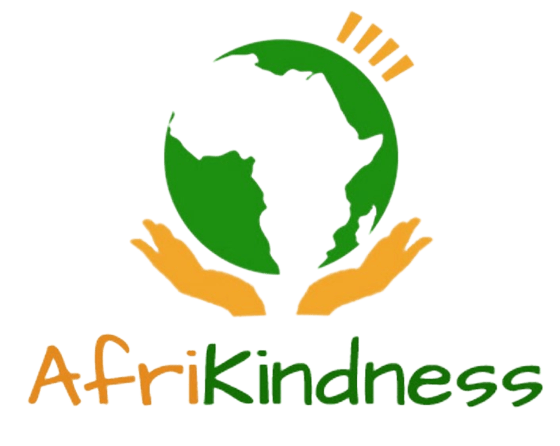< Back to News and Press Page
”Neurodiversity is a term that frames brain differences as NOT something to be cured, but as something to be embraced as part of human diversity.”
It was coined by Judy Singer, an autistic sociologist. It describes the idea that people learn and interact with the world around them in many ways. It simply explains the unique ways that people’s brains work and the differences in how the brain functions; being a neurodivergent person means having a brain that works differently from the average or “neurotypical” person and the atypical ways of navigating life, interacting with, and learning about the world, is what makes them special. It is important to note that these differences are not viewed as deficits.
There are different forms of Neurodiversity which include conditions such as autism (including Asperger’s syndrome), dyslexia, dyscalculia, dyspraxia, and ADHD and it is estimated that around one in seven people in the UK are neurodiverse.
In Africa, there have been efforts to bring awareness to the continent, but, there is still a long road to acceptance in the continent. Many families with neurodiverse children are often ostracized, with mothers always blamed for the child’s condition. There are a lot of misconceptions and myths about neurodiversity that often lead to stigmatization and discrimination.
Below are a few of the myths about neurodiversity
- Neurodiverse individuals are unable to succeed in life (they are often seen as disabled people or imbeciles)
- Neurodiversity is a mental health condition.
- Neurodiversity only includes autism.
- Neurodiverse people are all alike.
It is important to understand and debunk these common myths about neurodiversity to break down any stigmas and offer support to neurodivergent individuals.
Watch the full video series below:
Discussing how the Neurodiversity movement began in this article, Judy Singer highlighted the fact that ‘neurodiversity’ is a name of a social justice movement, not a diagnosis.
So rightly put, in her words,
”Neurodiversity is not a classificatory term dividing us from them. We are all Neurodiverse. We live on a Neurodiverse planet in which amoral nature generates endless genetic diversity, while we humans have evolved the capacity to make judgments about nature’s bounty. What Neurodiversity brings us is a challenge to find a place for everyone and to distribute the bounty fairly.”
Afrikindness is excited to release a new neurodiversity awareness video series.
These videos aim to provide insight into neurodiversity and to help us all understand the forms of neurodiversity, the challenges and misconceptions, and the support available to parents of neurodivergent children, especially from minority communities. This understanding will help us build empathetic and kind relationships with neurodivergent people.
The video series includes:
- Introduction to Neurodiversity – challenges with the minority community.
- Challenges and Misconceptions around Neurodiversity.
- Different forms of Neurodiversity and how it manifests in people.
- Support available – Embracing Neurodiversity
Dr. Vivian Okoye, Parenting Consultant, and Research Associate at Afrikindness said: ”To mark the #Neurodiversity week 2023, we are excited to launch this series of videos to help educate and raise awareness on the topic of Neurodivergence. We hope that these series bring you the education and awareness and even signpost you to the support that you need to navigate the realities of living with neurodivergence or raise a neurodivergent child.’’
We have collated a list of organizations that provides advice and support to parents and carers. We have a few videos and links to information that may help your parenting journey.
Please click here to get more information from our Parent support resources

